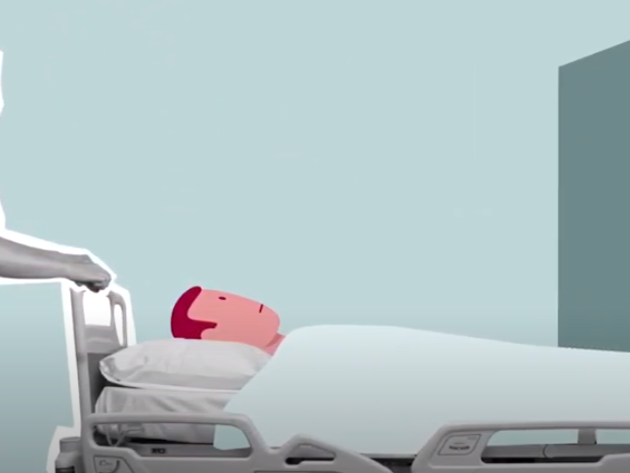Surgery for liver cancer
Cancer that starts in the liver is called primary liver cancer. The most common type develops in the liver cells (hepatocytes), but tumors may also develop in the bile ducts that connect the gallbladder to the liver. The primary treatment for liver cancer is the surgical removal of the affected part of the liver (hepatic surgery).
Surgery is unfortunately not an option for larger or more advanced liver tumors
Once the tumor grows too large, or progresses to a later stage, surgery will no longer be an option. We can try to shrink the tumor through other treatments such as chemotherapy. In very rare cases, a liver transplant might be an option. If this is the case for you, we will refer you to a liver transplant center.
Multidisciplinary teams
During hepatic surgery, your surgeon will make an incision underneath the ribs on the right side of your body in order to free up the liver to monitor the large blood vessels.
 nl
nl
